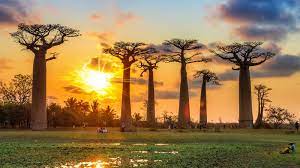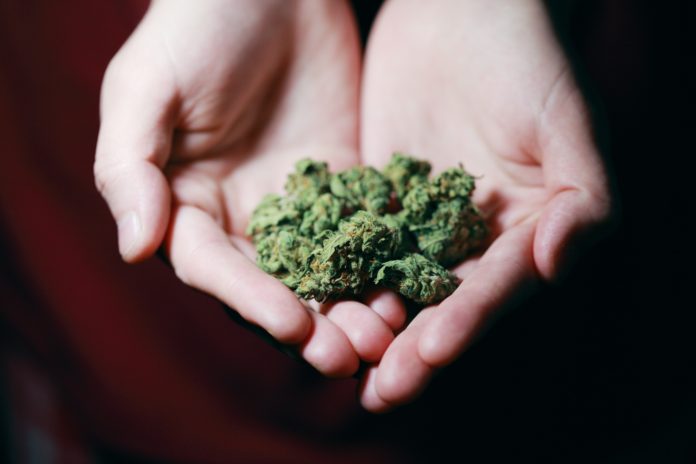By: Ngugi Mwangi
Nairobi, Kenya: A new research report has warned that Madagascar is fast emerging as a drug-trafficking hub.
The report, launched on Thursday by the Global Initiative Against Transnational Organized Crime (GI- TOC) has pointed out corruption as a key driver to the increased flow of drugs in and out of the islands comprising of Mauritius, Seychelles, Madagascar, the Union of Comoros, and the French Overseas Territories of Mayotte and Réunion
Dubbed ‘Changing Tides: The evolving illicit drug trade in the western Indian Ocean, the report is authored by Lucia Bird, Julia Stanyard, Vel Moonien, and Riana Raymonde Randrianarisoa. It shows that drug markets are expanding and diversifying, fueling corruption and driving growing domestic consumption.
“The islands are particularly vulnerable because of their proximity to a major heroin trafficking route and growing regional methamphetamine and cocaine routes,” reads the report.
The report points out areas like Mauritius, some networks have demonstrated the characteristics of a shadow welfare state, contributing to funeral or wedding arrangements, paying electricity and water, and distributing food during Covid-19 lock-downs in 2020 and 2021.

Mauritius and Seychelles are home to deeply entrenched heroin markets, and Seychelles is estimated to have the highest per capita rate of heroin consumption in the world. The report details how demand for heroin in both islands, together with changes occurring on the East African seaboard, is fueling Madagascar’s emergence as a ‘plaque tournante’ – a turning point in regional, and to a lesser extent global, drug trafficking routes.
“Growing volumes of heroin are being trafficked via Madagascar, which also operates as a significant cannabis exporter in the inter-island drugs economy,” states the report.
Drug pricing data, drawing from surveys with people who use drugs, sheds insight into trends across retail drug markets, including decreasing heroin prices in Seychelles, and rocketing cannabis prices in Mauritius, where prices have spiked almost fourfold between 2015 and 2020, from US$18 to US$69 per gram (MUR 800–MUR 2 675).
The research delves into the unique structure of the networks controlling each island’s drugs market – from Madagascar, where the business is stable and power concentrated in few hands – to the highly fragmented nature of synthetic cannabinoid markets across the islands.
This report underscores the drastic impacts of the burgeoning drug markets on the islands. It documents widespread state complicity with drug markets, and explores the unique corrupting power of the drugs market in Mauritius and Seychelles, documenting widespread unease of governance decay expressed by interviewees.
The report explores the differing responses adopted by the island states, assessing their impacts and concluding with a number of recommendations to better respond to drug trafficking across the islands, including recognizing and responding to the role of the drugs market in driving systematic corruption across. It also called for the addressing of the rapidly emerging role of Madagascar as a key regional drug trafficking hub, and the
Among other proposals are embedding people who use drugs at the heart of policymaking and civil-society response frameworks and adopting approaches that decriminalize the use of drugs.














